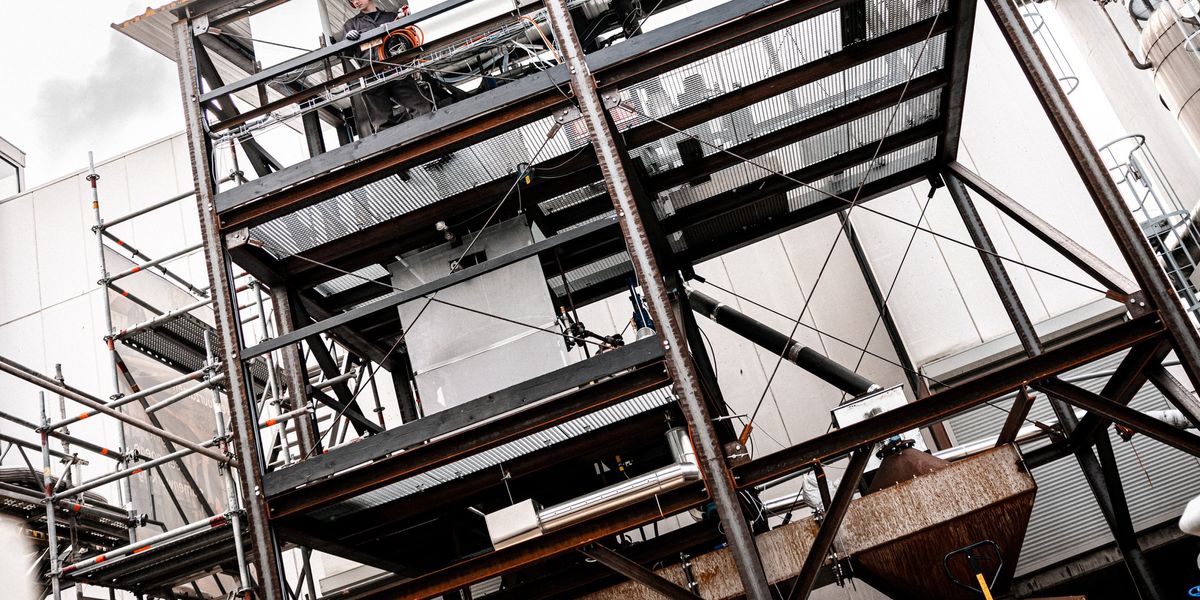- cross-posted to:
- todayilearned@lemmit.online
- technews@radiation.party
- cross-posted to:
- todayilearned@lemmit.online
- technews@radiation.party
“Large” and “1 Megawatt” seems like a contradiction.
Interesting. Not necessarily practical, but unusual.
I had heard about iron flow batteries which also change the oxidation level of iron, but not about burning iron powder and reverting the rust to iron using hydrogen.
I think electrochemistry has better prospects in warm climates, where you most likely cannot sell the heat. Burning and converting heat into anything always has a penalty in terms of efficiency - but can get high power densities. In cold climates where reaction heat is a useful thing to consumers - maybe.
I wonder the energy cost of creating the powdered iron. And of converting iron oxide back to iron powder.
AFAIK it is not the most efficient, but can be done with surplus electricity from wind farms for example.
Current (pilot test scale) electrical iron reduction is a bit more efficient than commercial hydrogen electrolysis. It may have some as-yet-unknown barriers to commercialisation though.
This is a cool concept. There are definitely possible issues that need to be hammered out, but I like seeing diverse ideas for energy production! Thanks for sharing!




